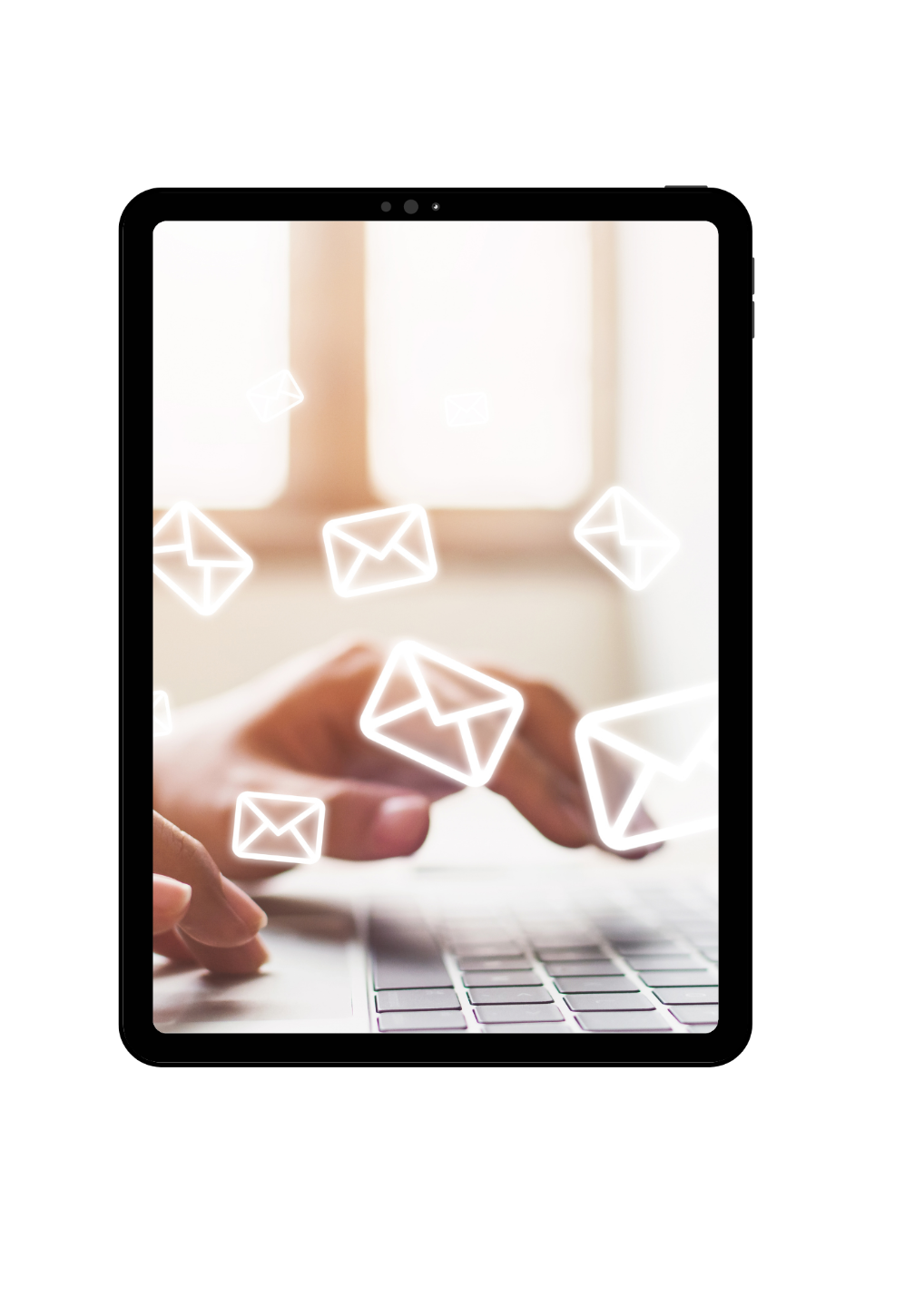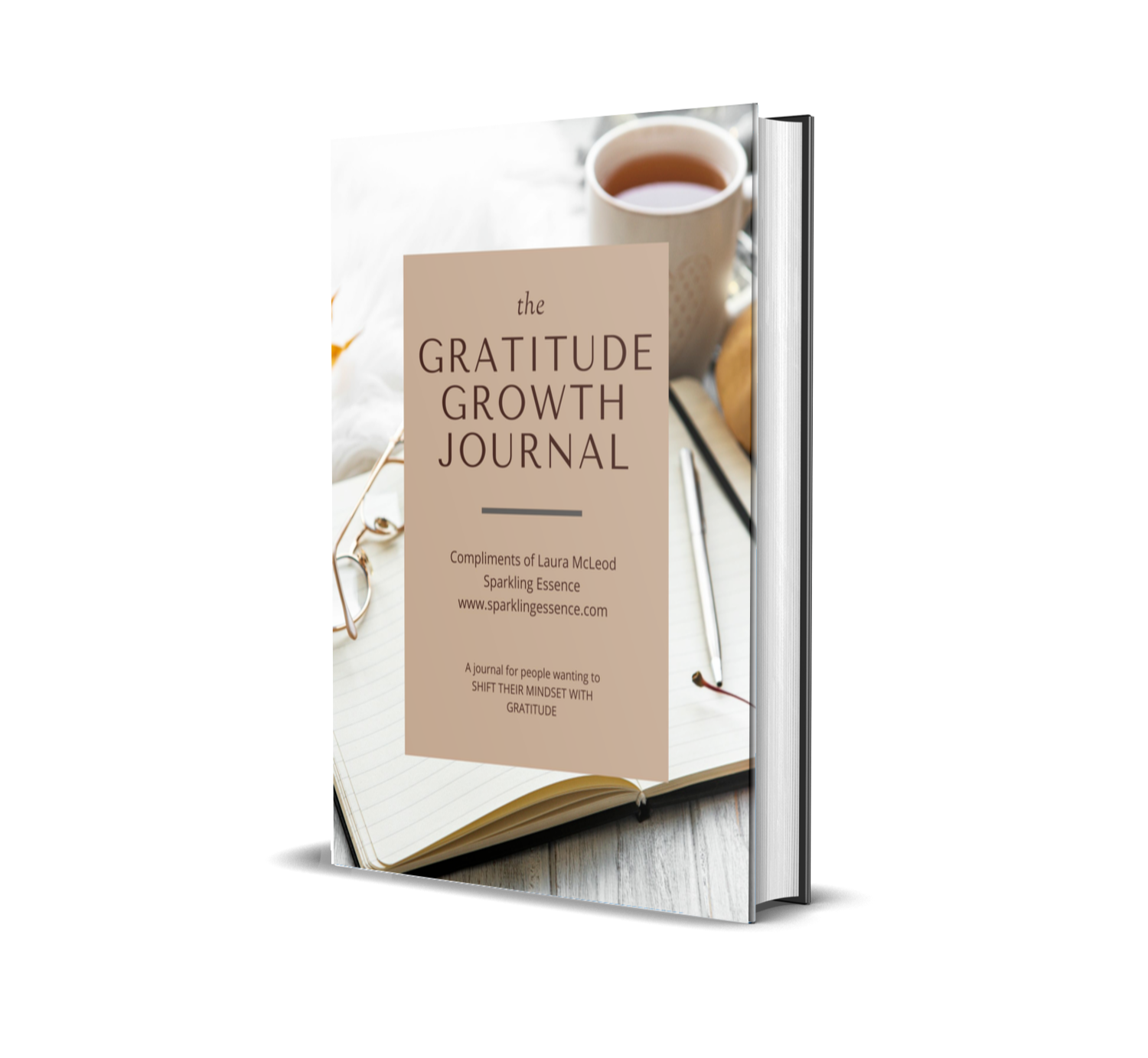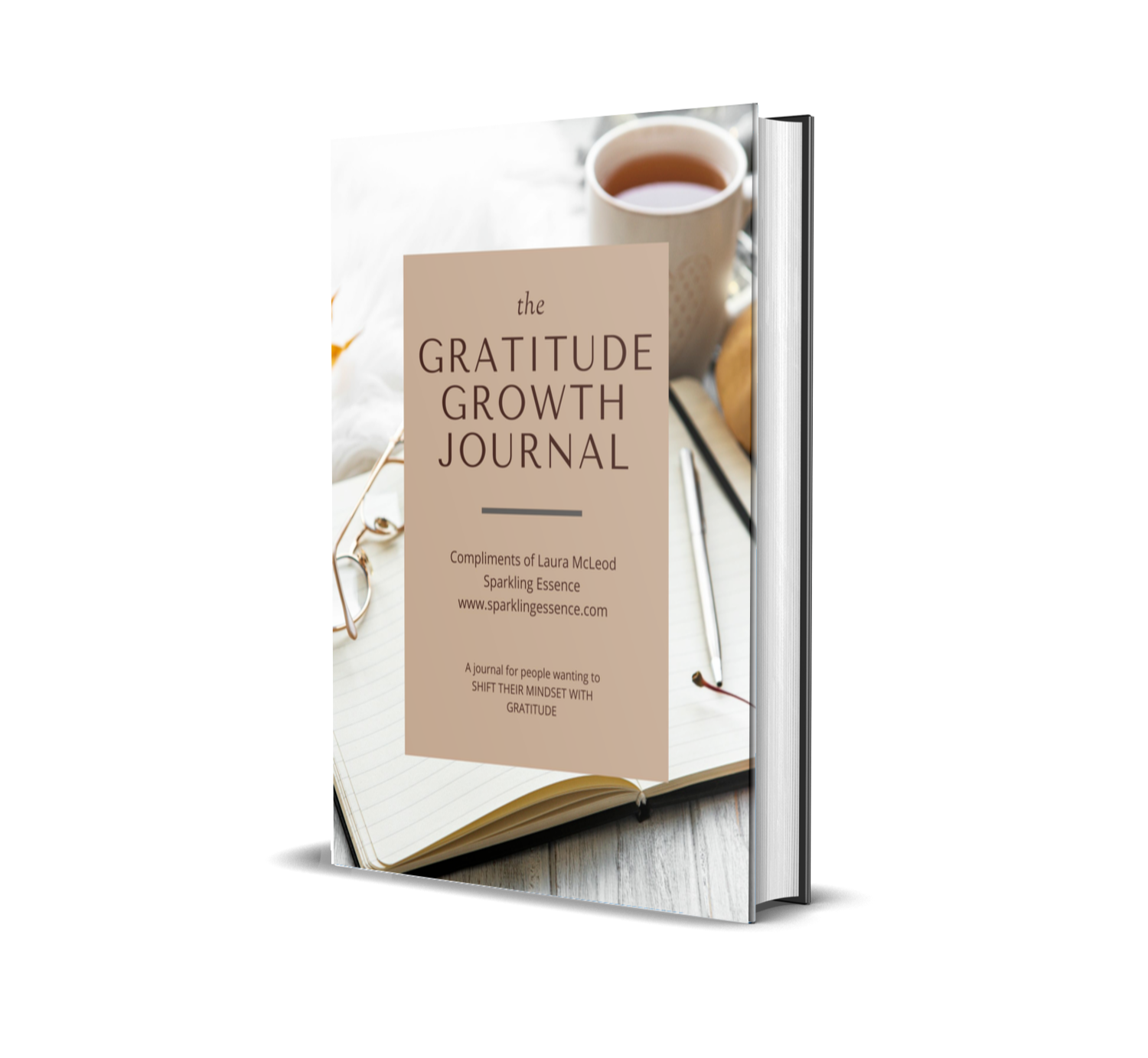My Chinese Hospital Experience: An Overnight Stay and Unpacking the Differences
Aug 03, 2025
Part 1: My Vision Quest: Correcting Astigmatism in China
Part 2: My Chinese Hospital Experience: An Overnight Stay and Unpacking the Differences
Part 3: My Cataract Surgery: Seeing the World in High Definition
If you've been following my blog, you'll know I recently underwent eye surgery in China to correct my astigmatism. In my last post, I explained what was wrong with my eye and the journey to getting the surgery scheduled. Today, I want to dive deeper into the experience itself – specifically, what it was like to be an overnight patient in a Chinese hospital for the first time, and how it stacked up against my experiences in American hospitals.
Let me tell you, it was an eye-opening (pun intended!) experience, full of contrasts and surprising efficiencies.
My hospital journey kicked off with an immediate cultural lesson in Chinese healthcare finance. Despite having China-wide Social Insurance, I knew I'd need to pay for my procedure upfront on the day of the surgery. Reimbursement, I was told, would come later, after I submitted my paperwork through my school. Crucially, this wasn't like back home where prices are calculated post-stay and you're billed for the uncovered portion; here, I'd only get back a fixed amount that the insurance company decided to cover. What I didn't anticipate, however, was the hospital's credit card machine having a daily limit of just 10,000 RMB. With my surgery totaling 35,000 RMB, this meant I'd be making payments over three consecutive days – a minor hiccup, perhaps, but definitely something to remember for next time,
My initial room was a shared space, about the same size as a typical American hospital room. I had my own rolling drawer and a spot for my belongings, and curtains provided a semblance of privacy. The bathroom, however, was a whole other story. Imagine a porta-potty – that's pretty much what it felt like. The walls were made of the same strange plastic, and there were no tissues or towels provided. Good thing I always carry tissues in China; lesson learned: bring your own supplies!
One of the most striking differences was the approach to patient care, particularly regarding food. Back home, hospital diets are strictly regulated. Here? A nurse took my blood, then told me I could eat. There's a small store in the hospital, or you can order food. The freedom to choose my own meals felt incredibly liberating and very different from the controlled environment of a US hospital.
Then came the "patient-led" diagnostic process. I was given a stack of forms and directed to various departments for testing. I'd go to each area, wait my turn, get the tests done, and then gather all my paperwork to bring back to the nurse on my floor. This level of independence was initially surprising, but I quickly realized its efficiency. Doctors and nurses could focus on their specialized tasks without the added burden of transporting patients between departments. It felt streamlined and allowed them to truly concentrate on their jobs.
Around 4 PM on my first day, I received a pleasant surprise. I was moved to a new room, that was primarily used as an emergency room. This meant a private room – a huge relief! No more worrying about my Chinese neighbors' families coming and going constantly. Plus, this new room was significantly cooler, which was a welcome bonus for me. I spent the rest of the day simply resting in bed, preparing for the surgery.
The next morning, after ordering my own breakfast, my surgery was scheduled for mid-morning. The waiting area was busy, filled with patients of all ages, including an eight-year-old boy who had just had a similar eye surgery. My surgeon had 12 patients scheduled that day, and I was number six.
When it was my turn, I wasn't entirely sure what to expect. I was given a pill – meant to make me more "suggestible," along with a local anesthetic for my eye. After changing into their shoes and preparing, I had to wait briefly for the patient before me, who was actually supposed to be after me but because of health complications they decided she should go first.
The procedure itself had some unexpected moments. The first machine involved placing a device over my eye and filling it with water. My rational brain knew I wasn't drowning, but every instinct screamed otherwise. It was a genuinely scary sensation.
Then, I was moved to another machine where I was completely strapped in – arms secured, fingers monitored, and my head covered, with only a small cutout for my eye. This wasn't something I had anticipated, and claustrophobia quickly set in. For a moment, I panicked, wanting to stop everything. But the doctor talked to me, put on some music, and I started humming. I hummed throughout the entire surgery. It was a strange, almost torturous feeling at first, but once I calmed myself and focused on the humming, the rest of the operation went very smoothly.
Immediately after the surgery, they placed a covering over my eye and I was wheeled back to my room. Despite the scary moments, I was incredibly relieved and glad I went through with it.
The next morning, they removed the bandage and checked my eye. The surgery was a success, and I'm very happy with the results! After my first overnight stay in a Chinese hospital, I was discharged around 10 AM. The entire process felt efficient, from admission to departure.
My journey isn't quite over; my other eye still needs attention. Due to scheduling conflicts (doctors at a conference, then my school commitments), I've had to wait a few weeks. But I'm heading back in at the end of the month and excited to see this all the way through. Stay tuned for that story!
--Continue to Part 3: My Cataract Surgery: Seeing the World in High Definition








